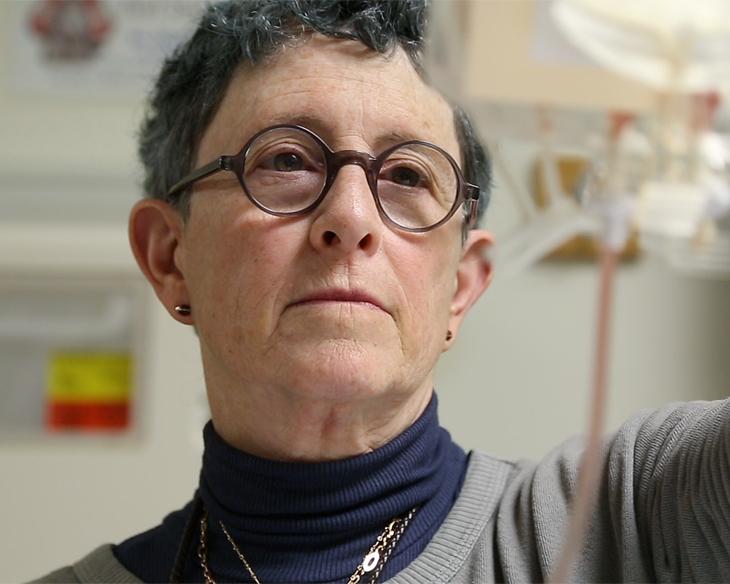
Randomized clinical trial shows improved motor function in children infused with own cells
An infusion of cells from a child’s own umbilical cord blood appears to improve brain connectivity and motor function in children with spastic cerebral palsy, according to a randomized clinical trial published this week by Stem Cells Translational Medicine.
The placebo-controlled, phase two trial included 63 children with varied types and severities of spastic cerebral palsy, a condition usually caused by brain damage before or at birth. Children who received one intravenous dose of at least 25 million stem cells per kilogram of their body weight saw improvements in motor function a year later. The improvements were greater than those typically observed for children of similar age and condition, and exceeded the gains made by children who received a lower dose of cells or a placebo.
“We are encouraged by the results of this study, which shows that appropriately dosed infusions of cord blood cells can help lessen symptoms in children with cerebral palsy,” said senior author Joanne Kurtzberg, M.D., director of Duke’s Pediatric Blood and Marrow Transplant Program and the Robertson Clinical and Translational Therapy Program.
“We still have a lot to learn about this therapy so that it can be optimized and accessible to more children with cerebral palsy,” said Kurtzberg, who is also director of the Carolinas Cord Blood Bank at Duke.